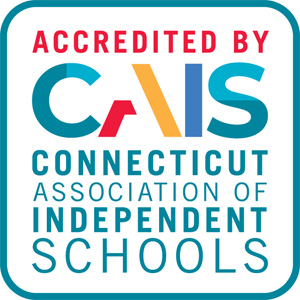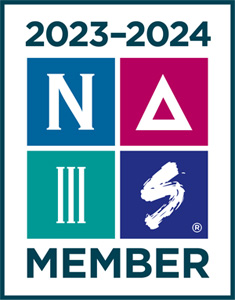Each day includes formal and informal lessons in time management, self-advocacy, study skills, cooperative living, conflict resolution, table manners, team building, independent living skills, social skills, and leadership skills.
While there are variations in any day based on school activities, structure and schedules are a necessary component in our Boarding Program.
At 4 p.m., residential staff and first-year teachers offer organized, structured group activities. Offerings include sports/games, arts and crafts, and community service opportunities. Activities end at 6 p.m. and dinner begins.
During dinner, students are encouraged to share their successes or struggles from their day, and they receive advice or compliments from peers and trusted adults. The dorm team engages residential students in conversation and ensures that each student participates.
After dinner, students have a one-hour supervised study hall. The dorm team assists students who are struggling with homework and communicates with teachers and the Advisory Team if a student has difficulty with a subject.
After study hall, students can spend time socializing with peers in a less structured environment. Dorm staff is present to help students find activities (card games, board games, movies, etc.) to engage in and to ensure everyone is ready for bed and prepared for the next day of school.
On a typical day, students are in bed by 9:30 p.m. and lights are out by 10 p.m. The full dorm team is on site until 11 p.m., at which time one member remains on each of the dorm floors to assist students during the night.





